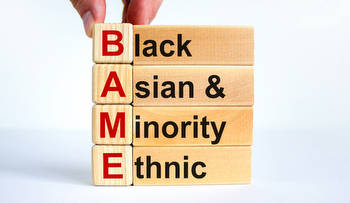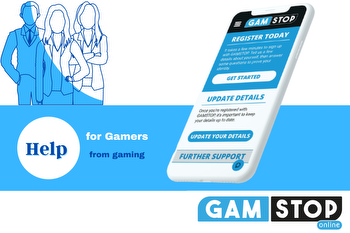Survey indicates limited use of safer gambling tools in UK
Only a small proportion of British gamblers are fully aware of the availability of safer gambling tools, according to the results of a survey commissioned by the Gambling Commission.
The data obtained by the survey comes from a sample of 4,576 people who said that they had gambled over the past 12 months (out of an initial sample size of 8,000). Respondents were asked about seven specific safer gambling tools including limits, reality checks, timeouts and multi-operator self-exclusion.
The survey’s findings reveal a general lack of awareness of tools to help players gamble responsibly. Overall, only 13% of respondents had made use of a safer gambling method over the previous twelve months.
Overlaying age demographics over these figures, it seems that the young are far more likely to use such tools than older gamblers: 26% of the 18-to-24 age bracket had used one compared to just 4% of those aged 65 and over.
Tools for limiting deposits seemed to be the most widely recognised safer gambling tool, with 59% of respondents saying that they were familiar with them. The least commonly used tool by far was found to be blocking software (including platforms such as Gamban), with which just 2% of respondents said they were familiar.
As well as shedding light on consumer awareness of these tools, the survey reveals details about the more specific issue of self-exclusion schemes. 6% of respondents were found to have used one of these. Of this percentage, most respondents self-excluded across all gambling platforms, while a smaller number did so in order to limit their time spent gambling with a specific operator.
Recent data from a more recent Gambling Commission survey seems to show a decrease in the number of people spending time gambling nationally. Over the month of June, the percentage of people gambling was down by 3.5% for a total of 41.6%. Whilst the frequency of retail-based gambling decreased, the percentage of people participating in online gambling rose slightly. The survey also showed a reduction in gambling-related harm, with the percentage of the population deemed to be at risk from problem gambling standing at 3.1%.
If you want to learn more about options for safer gambling, including tips on how to gamble responsibly and the latest industry updates, be sure to check out our comprehensive responsible gambling resource pack.




































